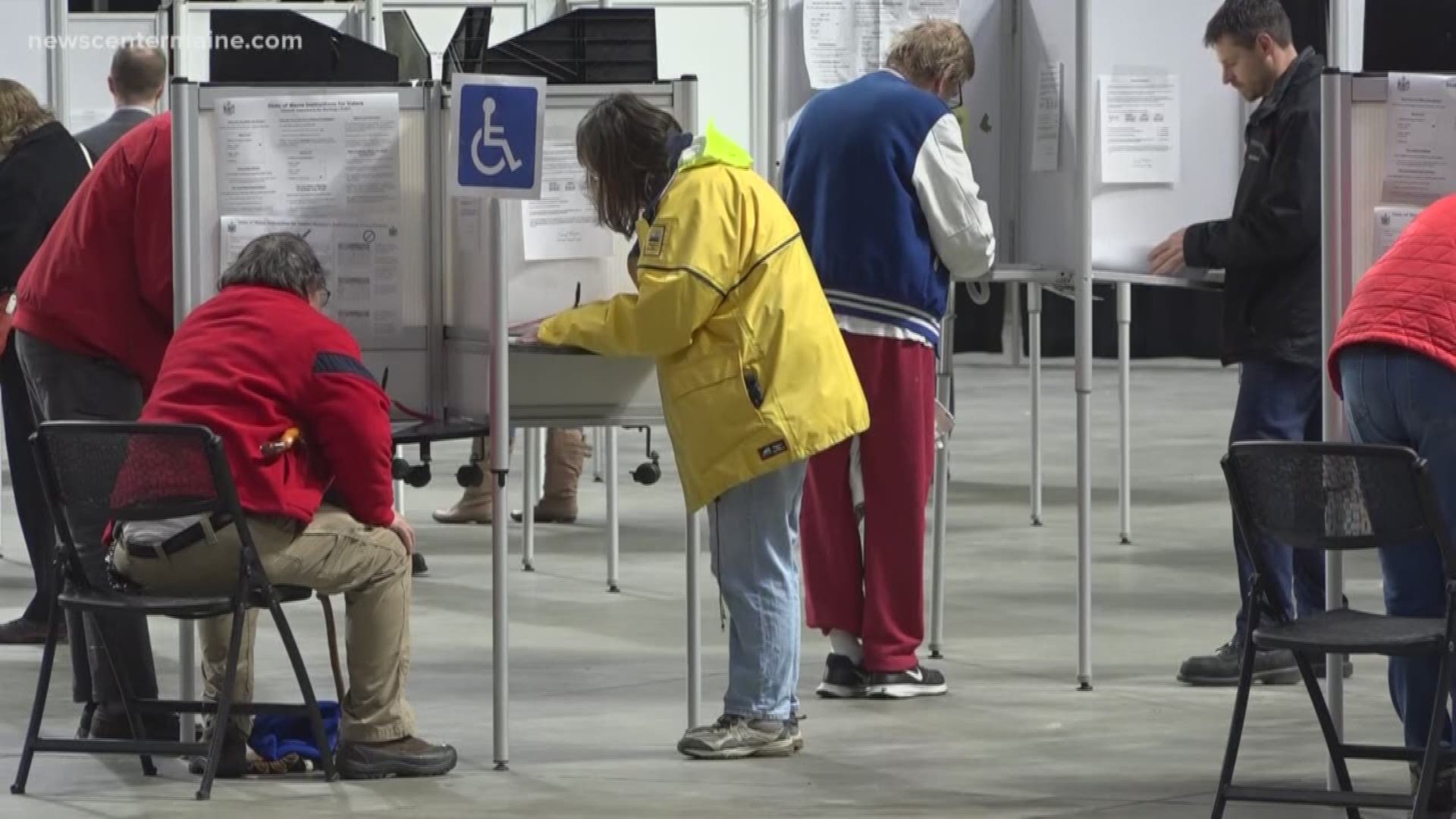AUGUSTA, Maine — During a special session Monday in Augusta intended mainly for lawmakers to debate four bond packages proposed to go before voters this November, the Maine Senate unexpectedly gave final approval to a bill that would allow ranked-choice voting to be used in March's presidential primaries.
The Portland Press Herald reports that the Senate voted 20-12 around 6 p.m. on the bill. It now heads to Gov. Janet Mills' desk, where its fate was unclear.
Democratic Senate President Troy Jackson reportedly revived his RCV bill not long after Republicans successfully blocked three of the four bond packages.
Maine Secretary of State Matthew Dunlap told NEWS CENTER Maine that he and officials in his office are likely going to have to figure the logistics out pretty quickly, because it hadn't necessarily been on their radar.
"We estimate it’s going to cost us an extra hundred thousand dollars to get this off the ground for March," Secretary Dunlap said Monday night. "I’ve asked some preliminary conversation with leadership that has expressed a willingness to have that conversation and I hope that there are sincere because I don’t have the money in my budget to cover it."
LD 1083, if enacted, would add presidential primaries to Maine's list of RCV-decided elections, which already includes gubernatorial and legislature races in primaries, and U.S. representatives in both primaries and generals.
Maine approved RCV in 2016, becoming the first state to enact the voting process for statewide elections for governor, state legislature and Congress.
In 2017, a law amended RCV to apply it only to primaries for Congress, governor and Legislature, and disallowing its use for generals and specials for governor and Legislature unless the Maine Constitution was amended.
A "people's veto" in 2018, approved by voters, rejected parts of the new law that sought to delay RCV's implementation until 2022.
RCV was used for the June 2018 primaries.

